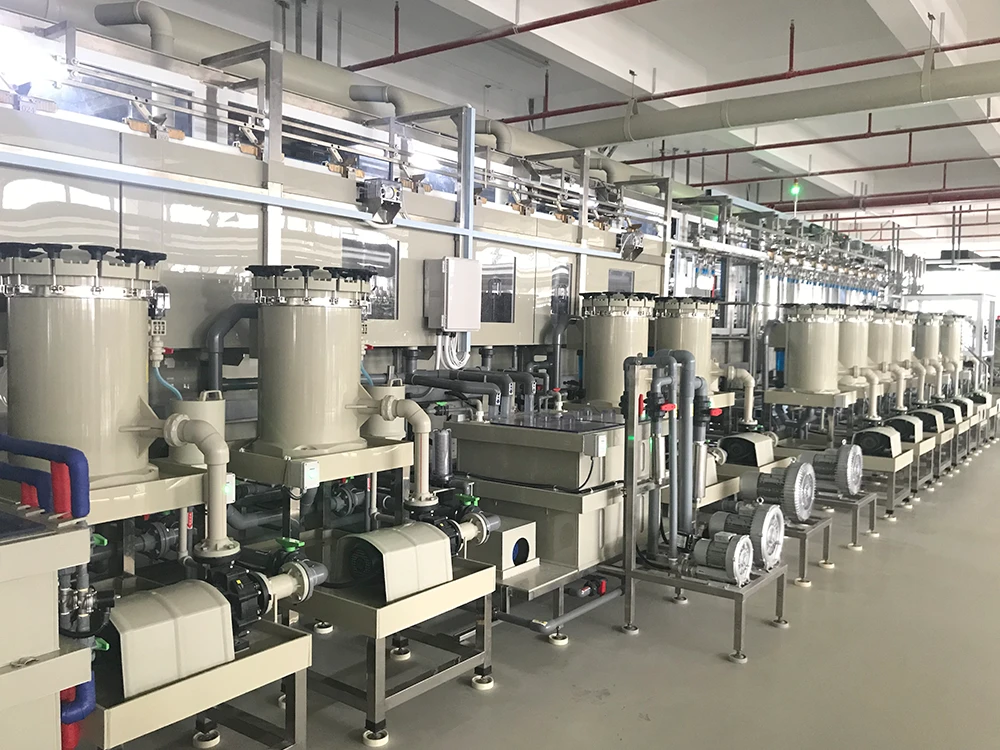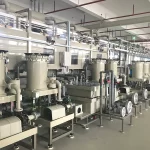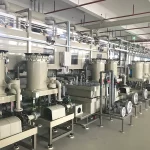
# Chemical Filter: Essential Component for Air Purification Systems
In today’s world, where air quality is a growing concern, chemical filters have become an indispensable part of air purification systems. These specialized filters play a crucial role in removing harmful gases and odors from the air, ensuring a cleaner and healthier environment.
## What is a Chemical Filter?
A chemical filter, also known as a gas-phase filter, is designed to capture and neutralize gaseous pollutants that cannot be removed by mechanical filters alone. Unlike particulate filters that trap solid particles, chemical filters target volatile organic compounds (VOCs), odors, and other airborne chemicals.
## How Chemical Filters Work
Chemical filters typically use activated carbon or other specialized media to adsorb or chemically react with pollutants. The process involves:
1. Adsorption: Pollutants are trapped on the surface of the filter media
2. Chemical reaction: Some filters use catalytic processes to break down harmful substances
3. Neutralization: Certain chemicals are converted into harmless compounds
## Types of Chemical Filters
There are several types of chemical filters available, each designed for specific applications:
1. Activated Carbon Filters
2. Potassium Permanganate Filters
3. Chemisorption Filters
4. Photocatalytic Filters
## Applications of Chemical Filters
Chemical filters are used in various settings, including:
– Residential air purifiers
– Commercial HVAC systems
– Industrial air cleaning
– Laboratory fume hoods
– Automotive cabin air filters
## Benefits of Using Chemical Filters
Incorporating chemical filters into air purification systems offers numerous advantages:
1. Improved indoor air quality
2. Reduction of harmful gases and odors
3. Enhanced comfort and well-being
4. Protection against respiratory issues
5. Increased efficiency of overall air purification systems
## Maintenance and Replacement
To ensure optimal performance, chemical filters require regular maintenance:
1. Follow manufacturer’s guidelines for replacement intervals
2. Monitor filter performance regularly
3. Replace filters when saturation occurs
4. Properly dispose of used filters according to local regulations
## Choosing the Right Chemical Filter
When selecting a chemical filter, consider the following factors:
1. Specific pollutants you want to remove
2. Airflow requirements
3. Filter lifespan and maintenance needs
4. Compatibility with your air purification system
5. Certifications and performance ratings
## Conclusion
Chemical filters are a vital component in modern air purification systems, offering effective protection against a wide range of gaseous pollutants. By understanding their function, types, and proper maintenance, you can ensure cleaner, healthier air in your environment. As air quality concerns continue to grow, the importance of chemical filters in maintaining safe and comfortable indoor spaces cannot be overstated.
Keyword: chemical filter


